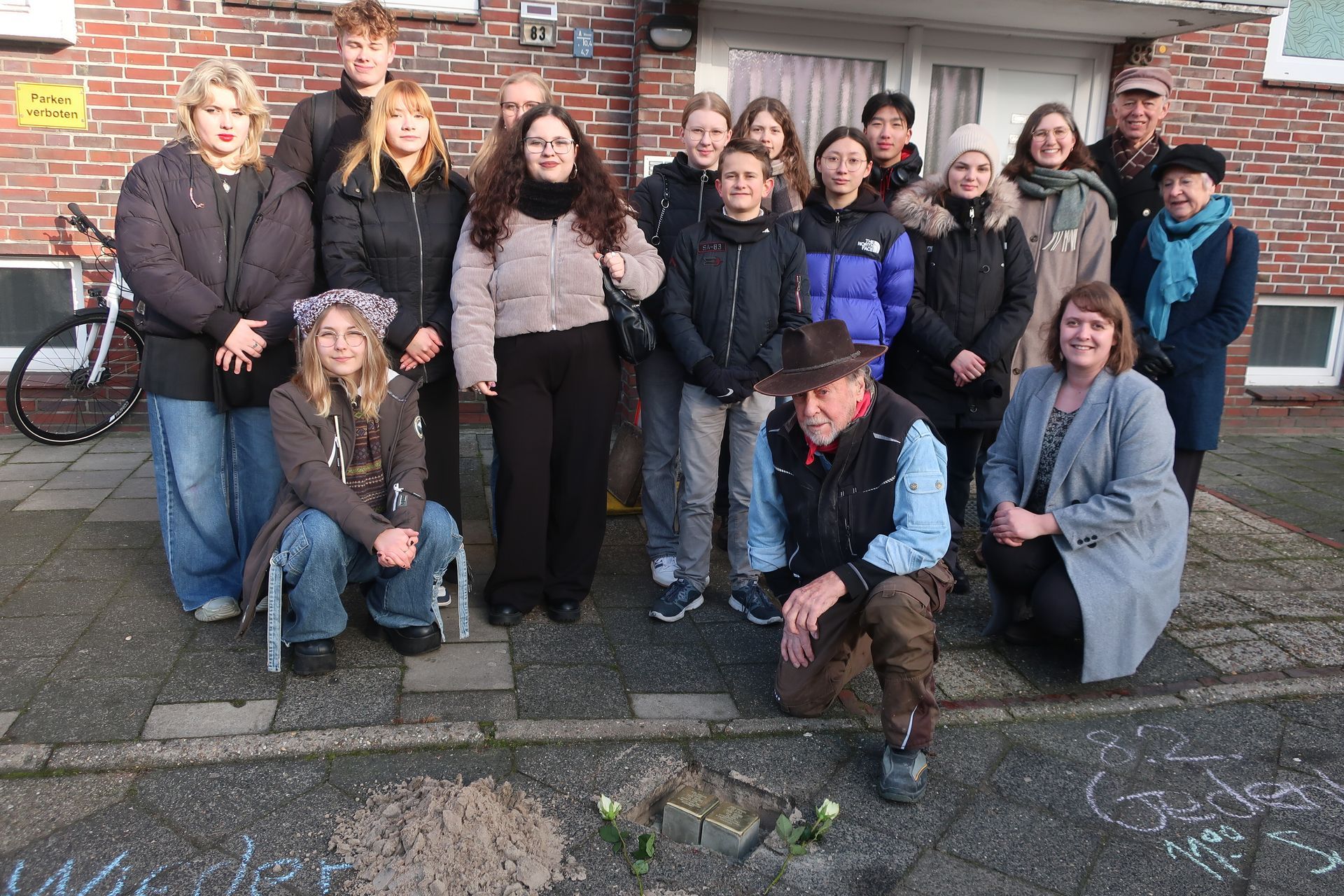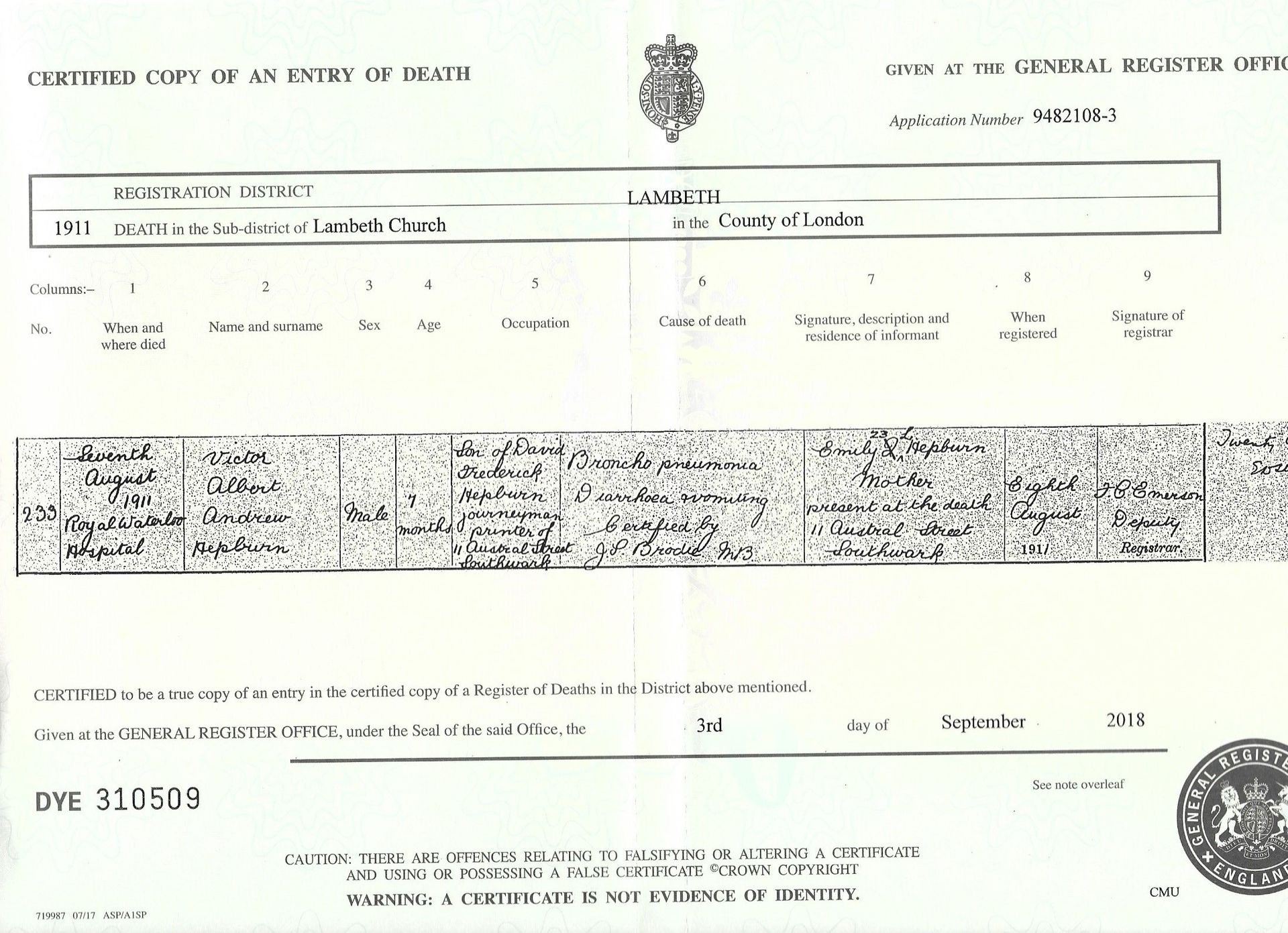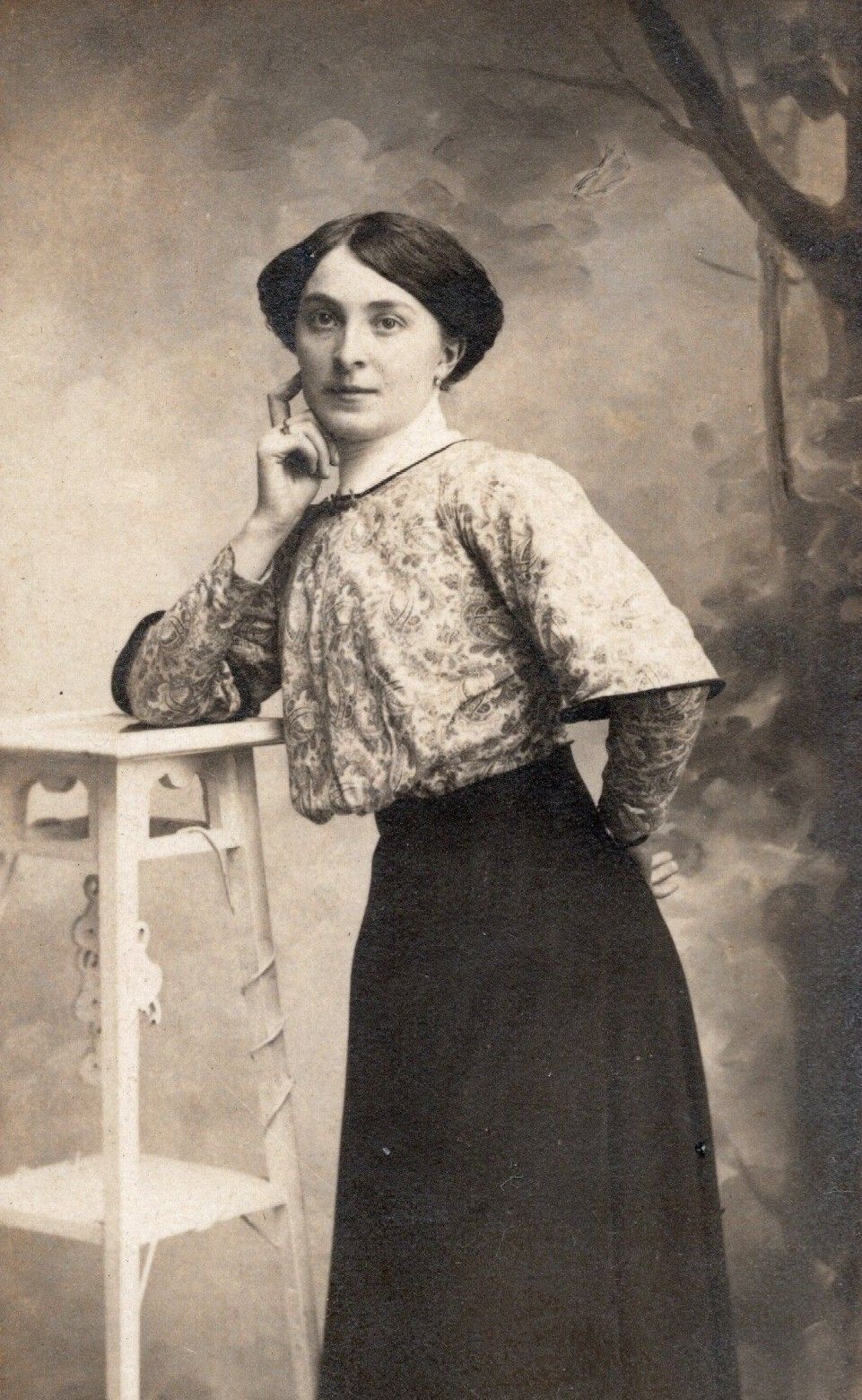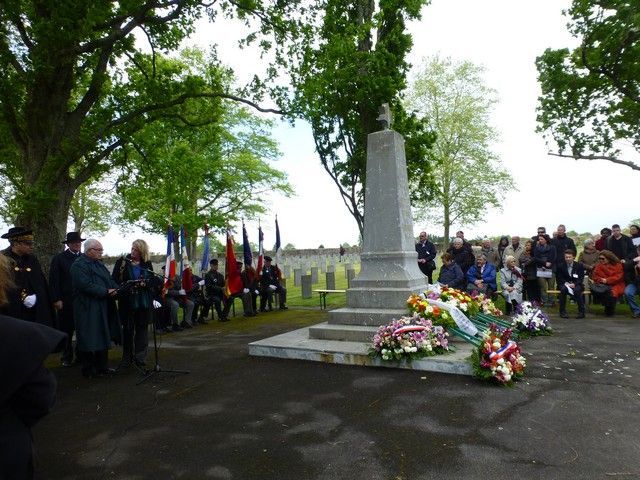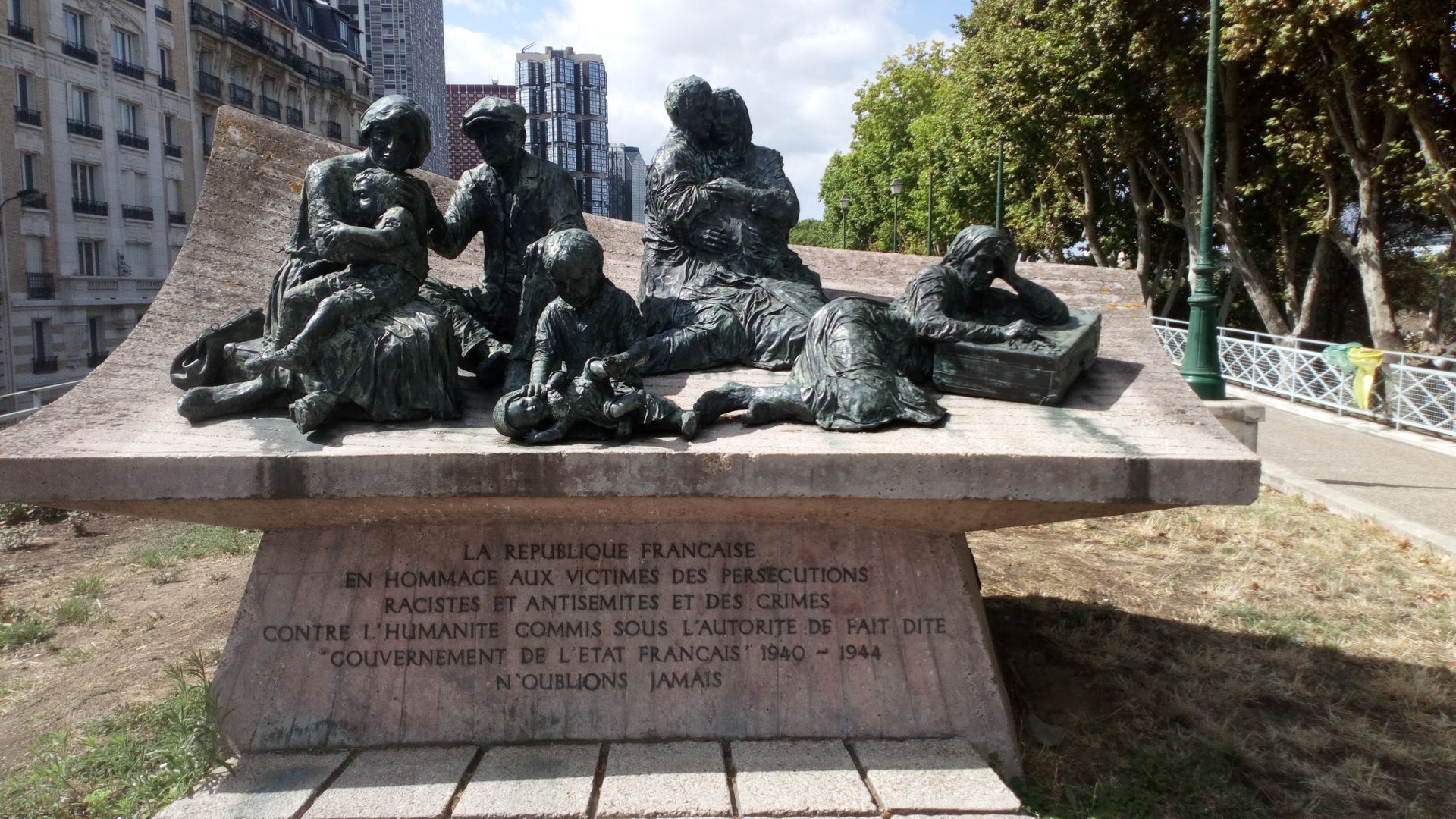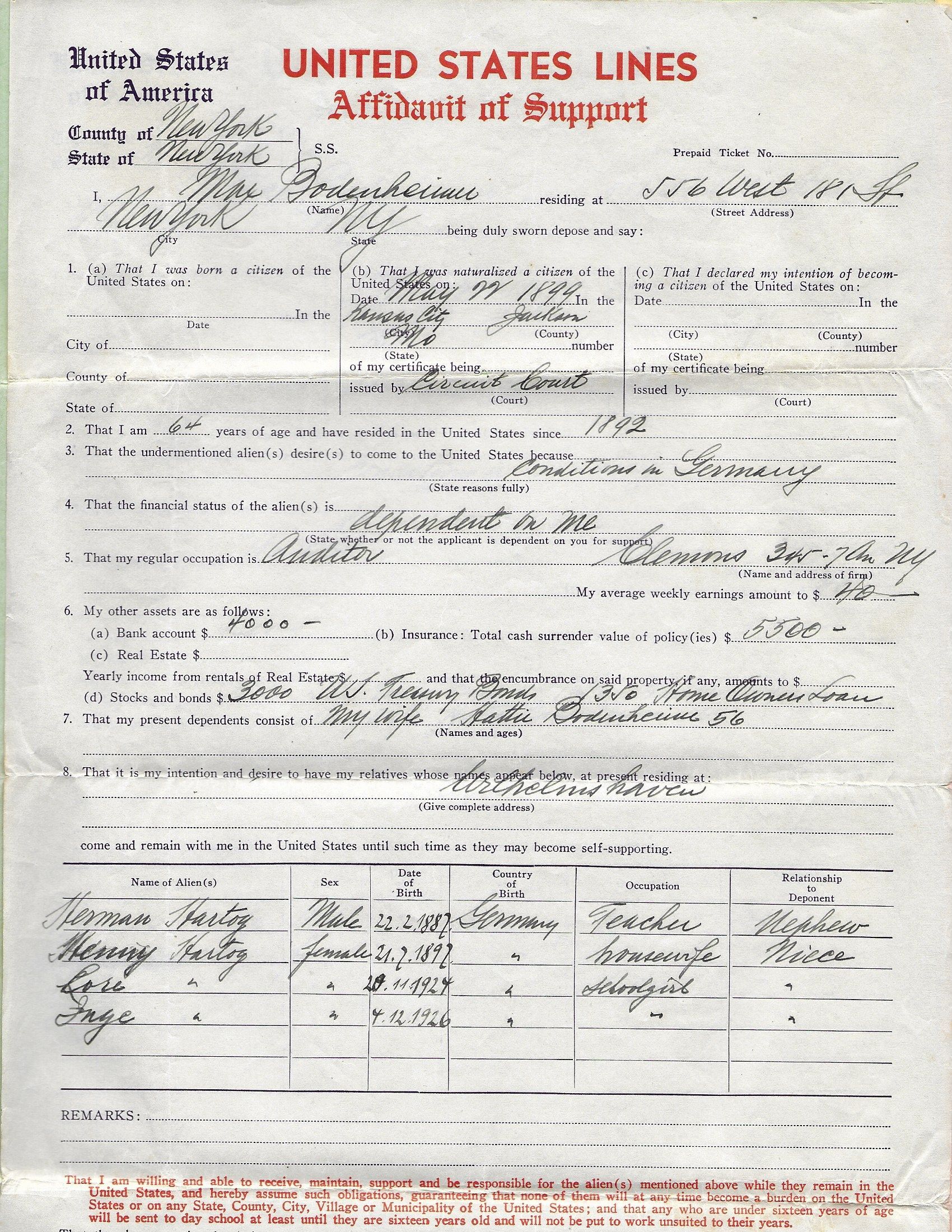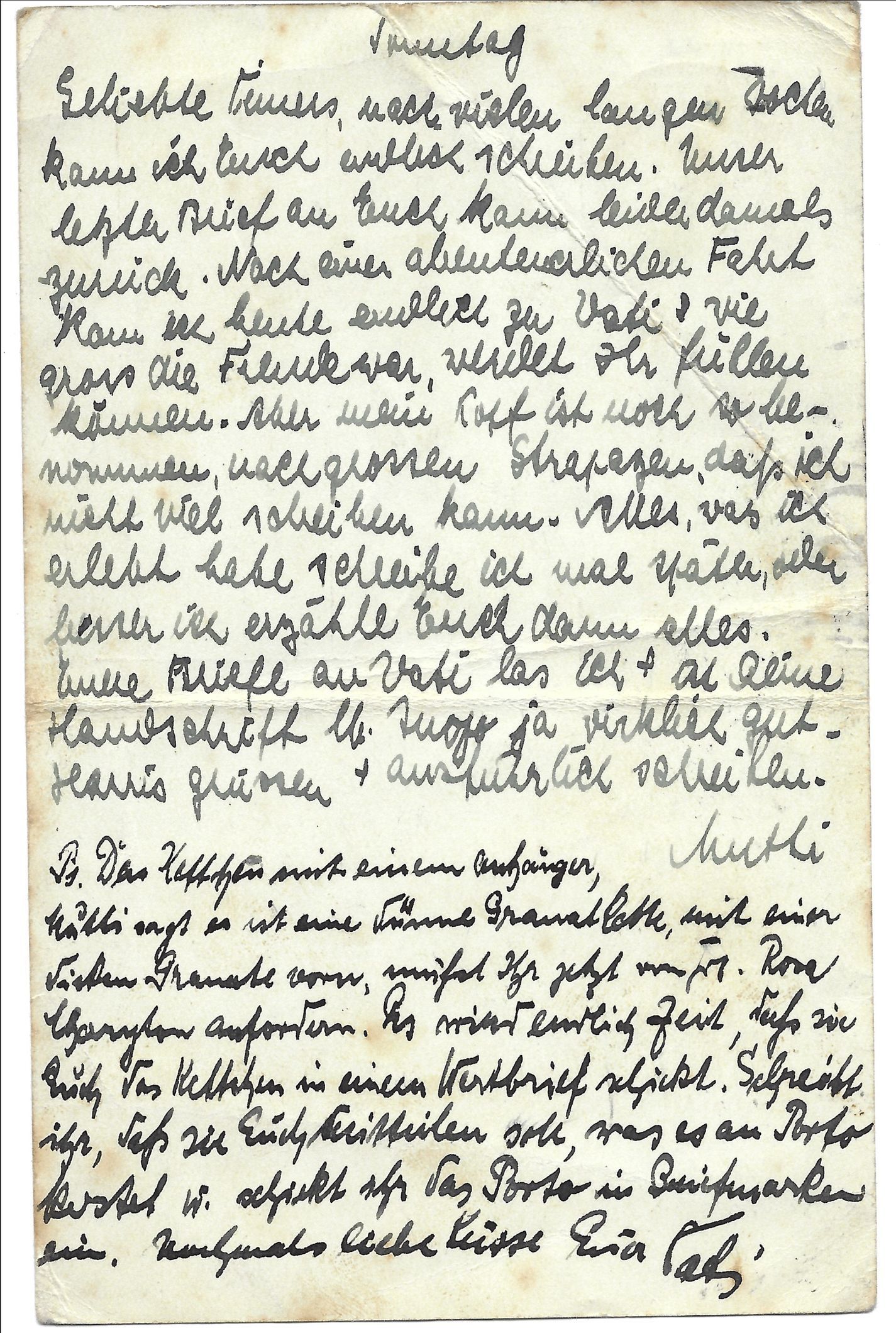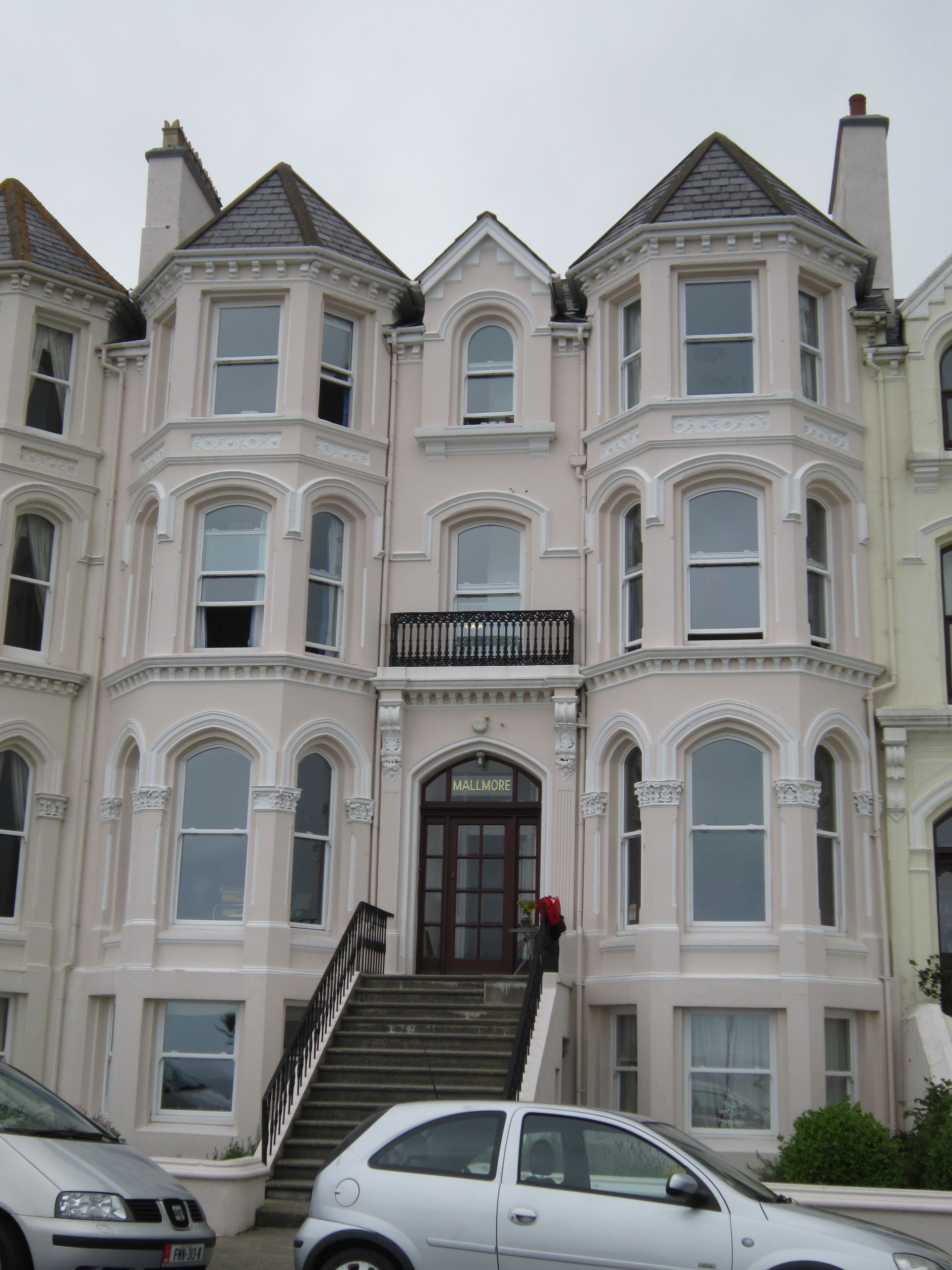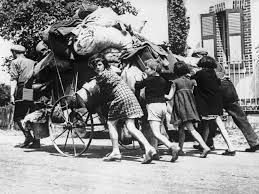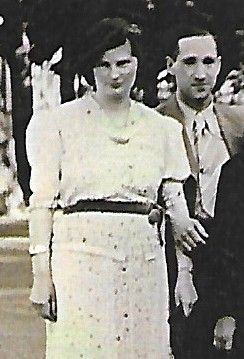Henny and Hermann arrive in Arette
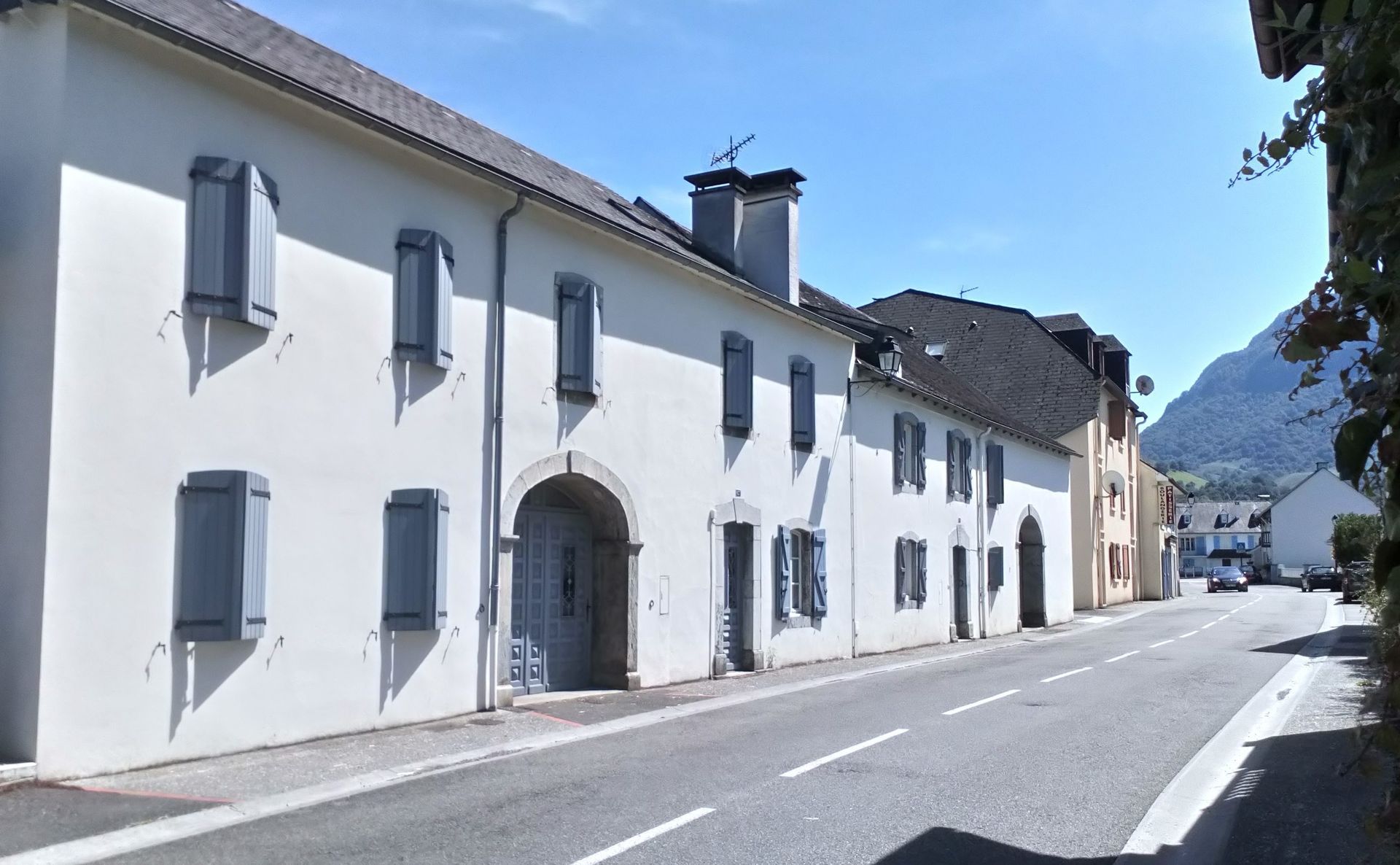
On 6 January 1941 - 84 years ago - Henny and Hermann Hartog arrived as refugees in the mountain village of Arette. As racial and political refugees from Germany, they had at last arrived in what was to become their safe haven in the foothills of the Pyrénées for the next year and a half.
They were very fortunate to come to a village where the mayor and his extended family were – probably through their Catholic faith – being drawn into the burgeoning resistance to the Nazi occupiers of France. In early 1941, Arette was part of the non-occupied southern area of France and the villagers showed both compassion for the refugees entering their village and a quiet defiance of the unwanted restrictions of wartime rules.
Henny and Hermann were given lodgings in an empty house in the centre of the village, near the town hall. They were provided with 'refugee furniture' (as Henny described it) and their fair share of the food rations. Their immediate neighbours and landlord were kind, and as generous as wartime circumstances allowed. Not far away lived the mayor's secretary, Gaston Derrez, and his wife, Amélie – who were related to the mayor. Another Jewish family lived a few streets away, opposite the church in the centre of the village.
Amélie and Gaston lived within sight of the town hall, the church, and the school. Every afternoon, Henny and the other Jewish women refugees were invited to Amélie's house as friends. They sat around the large kitchen table with its cheerful oilcloth covering.
When I asked an elderly lady who had known Amélie why the women went there, she answered straight away,
'To listen to the radio. Very few people in the village had a radio so they came here to listen to the BBC – Radio Londres.'
I was a little surprised, because I thought that this was not allowed – even in the unoccupied zone. When I suggested this, the elderly lady sat up straight and tall, looked me straight in the eye, and announced, with grace and dignity,
'We were free.'
In the middle of this village, one family was strong enough to share their radio with their foreign neighbours so that both the refugees and the local resistance members received reliable information about the course of the war. And other neighbours, no doubt knowing this, kept silent and did not inform on them to the authorities.
Henny and Hermann were indeed fortunate in their refuge in this welcoming village.
(the photo shows the house of Amélie and Gaston Derrez)
